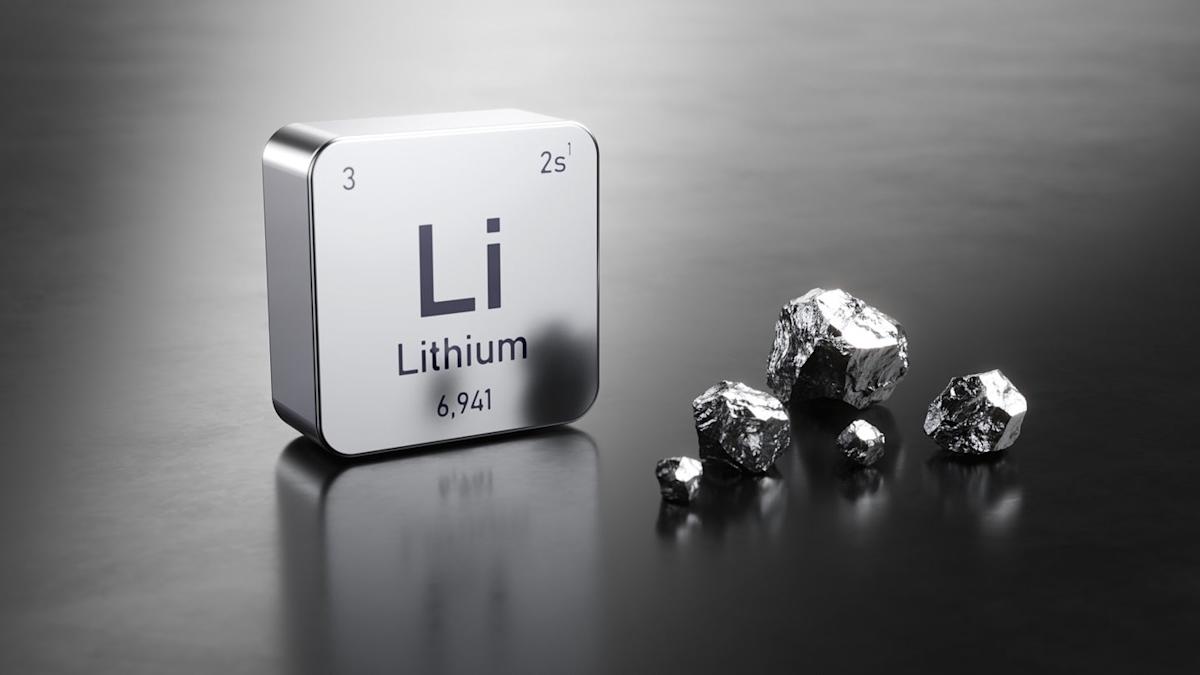Zimbabwe will enforce a ban on the export of lithium concentrates starting in 2027, aiming to bolster local processing capabilities, according to Mines Minister Winston Chitando, reported Reuters.
This decision follows the country’s prohibition of lithium ore exports in 2022 and is part of a broader initiative to encourage domestic processing within Africa’s leading lithium-producing nation.
Lithium sulphate plants are currently under development at Bikita Minerals and Prospect Lithium Zimbabwe, owned by Sinomine and Zhejiang Huayou Cobalt, respectively.
These facilities will produce an intermediate product that can be refined into battery-grade materials such as lithium hydroxide or lithium carbonate, essential for battery manufacturing.
“Because of that capacity, which is now in the country, the export of all lithium concentrates will be banned from January 2027,” Chitando was quoted as saying during a media briefing after a cabinet meeting.
Despite the ambitious local processing plans, Zimbabwe had to adjust its policies after lithium prices fell in 2023, the report said.
Lithium miners were initially given until March 2024 to submit plans for local refineries, but the government softened its stance due to market conditions.
Chinese companies including Chengxin Lithium Group, Yahua Group and Canmax Technologies have invested more than $1bn (7.19bn yuan) since 2021 in acquiring and developing lithium projects in Zimbabwe.
Meanwhile, Zimbabwean miners, represented by Zimbabwe Lithium Exporters, which counts Chengxin Lithium Group among its members, are seeking a postponement of the newly imposed export tax on lithium concentrate.
They argue that the 5% levy should be delayed until 2027, aligning with the expected operational date of the lithium sulphate production facilities, as per a document submitted to the mines and finance ministries.
“Zimbabwe to impose export ban on lithium concentrates from 2027” was originally created and published by Mining Technology, a GlobalData owned brand.
The information on this site has been included in good faith for general informational purposes only. It is not intended to amount to advice on which you should rely, and we give no representation, warranty or guarantee, whether express or implied as to its accuracy or completeness. You must obtain professional or specialist advice before taking, or refraining from, any action on the basis of the content on our site.






